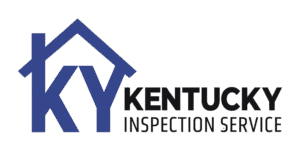Get a Free Quote Today!
Make an Appointment Today
Service
What Is Radon Gas Testing?
Radon testing measures radon gas levels in your home’s air to determine if radon mitigation is needed. Radon is a naturally occurring radioactive gas that comes from uranium decay in soil and rock. Professional radon testing protects your family from this invisible health threat.
Here’s what that means for you: You’ll know if your home has safe radon levels or needs a radon mitigation system to protect your family’s health.
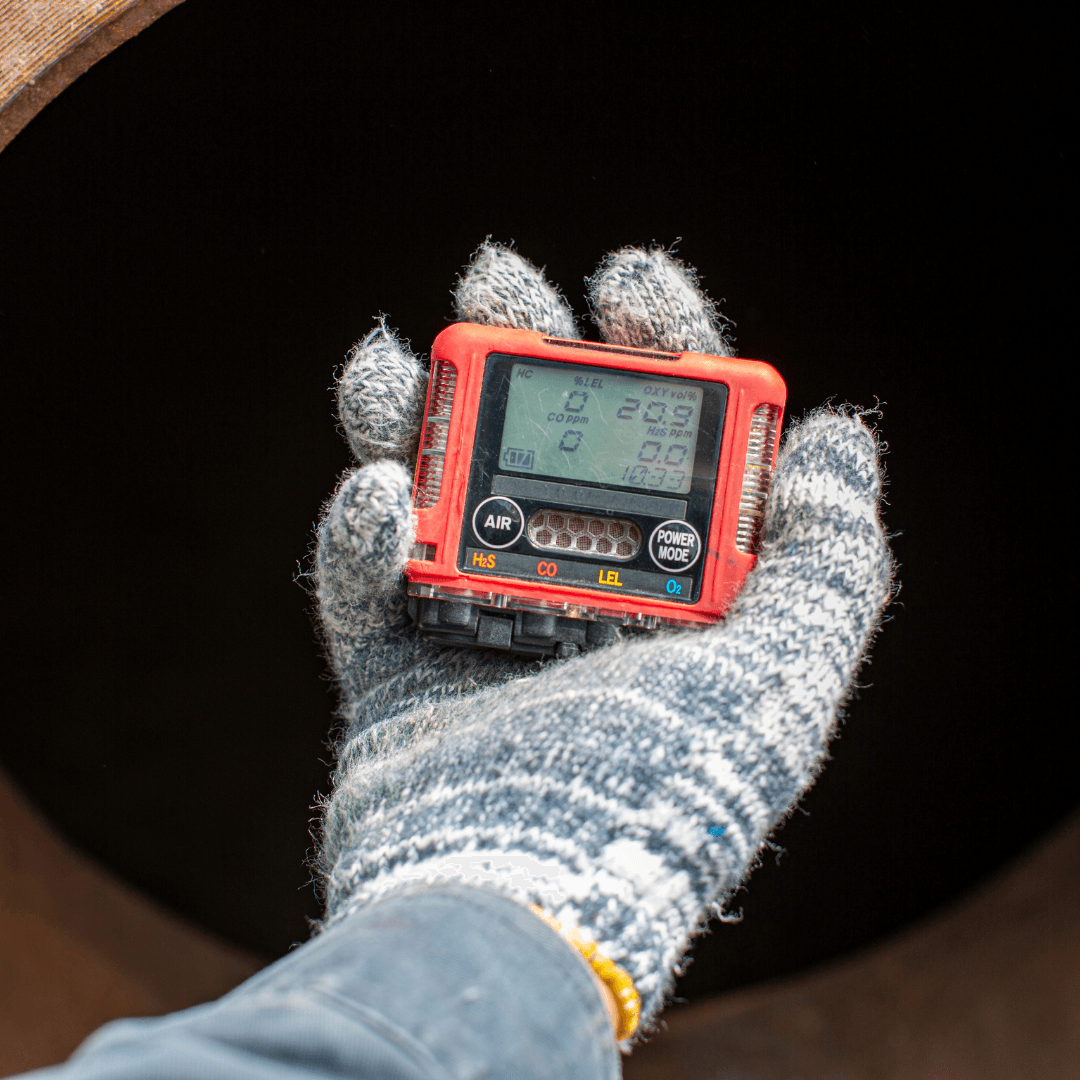
What We Test During Your Radon Gas Testing
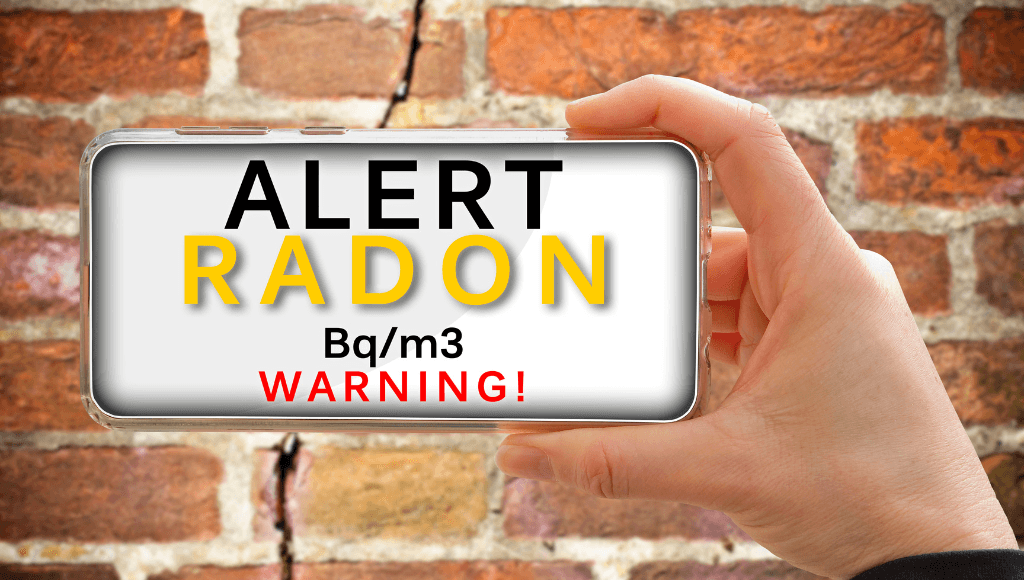
Indoor Air Radon Levels
- Basement and lower level radon gas concentrations
- Living area radon measurements throughout the home
- Continuous radon monitoring over testing period
- EPA-approved radon testing equipment and protocols
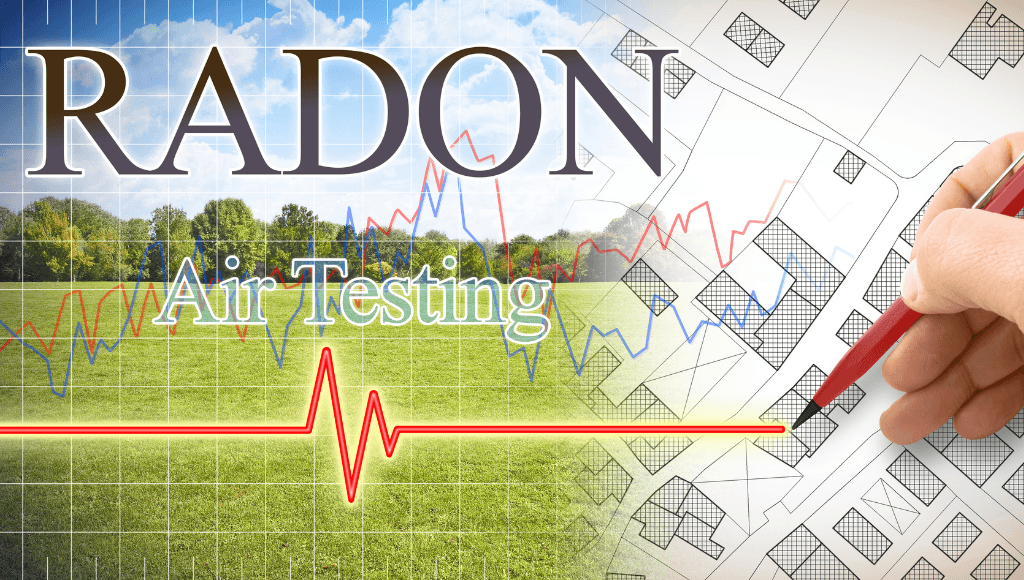
Radon Testing Conditions
- Closed house conditions for accurate radon readings
- Proper radon detector placement in lowest lived-in areas
- Weather and ventilation factors affecting radon levels
- Seasonal radon variations and testing timing
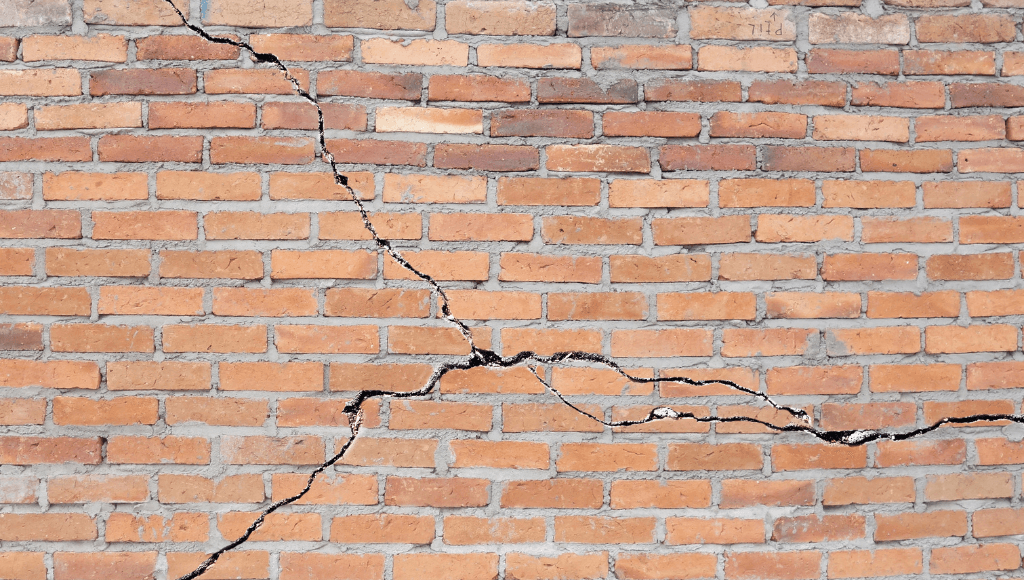
Radon Gas Entry Points
- Foundation cracks and radon entry pathways
- Sump pump pits and floor drains as radon sources
- Well water radon testing when applicable
- Building materials releasing radon gas
Why Choose Our Full Home Inspection?
25+ Years Real Construction Experience
I don’t just spot problems—I know how to fix them and what they’ll cost. Growing up in construction means I understand how houses actually work, not just what the checklist says to look for.
Same-Day Reports You Can Understand
You’ll get your detailed report the same day (usually within hours), complete with photos and explanations in regular English. No waiting weeks to find out what we discovered.
Technology That Makes a Difference
I use thermal imaging cameras and moisture detection equipment to find hidden problems other inspectors might miss. But the real value is knowing what I’m looking at when I find something.
Focus on What Actually Matters
Not every issue is a deal-breaker. I’ll help you understand what’s urgent, what can wait, and what you can live with—so you can negotiate smartly instead of panicking over minor problems.
What You Get with Your Radon Gas Testing
Professional Radon Testing Report
- Accurate radon level measurements in picocuries per liter (pCi/L)
- EPA radon action level comparison and health risk assessment
- Clear explanation of radon test results and recommendations
- Documentation for real estate transactions and radon mitigation
Radon Mitigation Guidance
- Radon mitigation system recommendations if levels are elevated
- Referrals to certified radon mitigation contractors
- Cost estimates for radon reduction systems
- Information about radon mitigation system operation
Family Health Protection
- Peace of mind about indoor air quality and lung cancer risk
- Understanding of radon exposure and health implications
- Guidance on retesting after radon mitigation installation
- Long-term radon monitoring recommendations
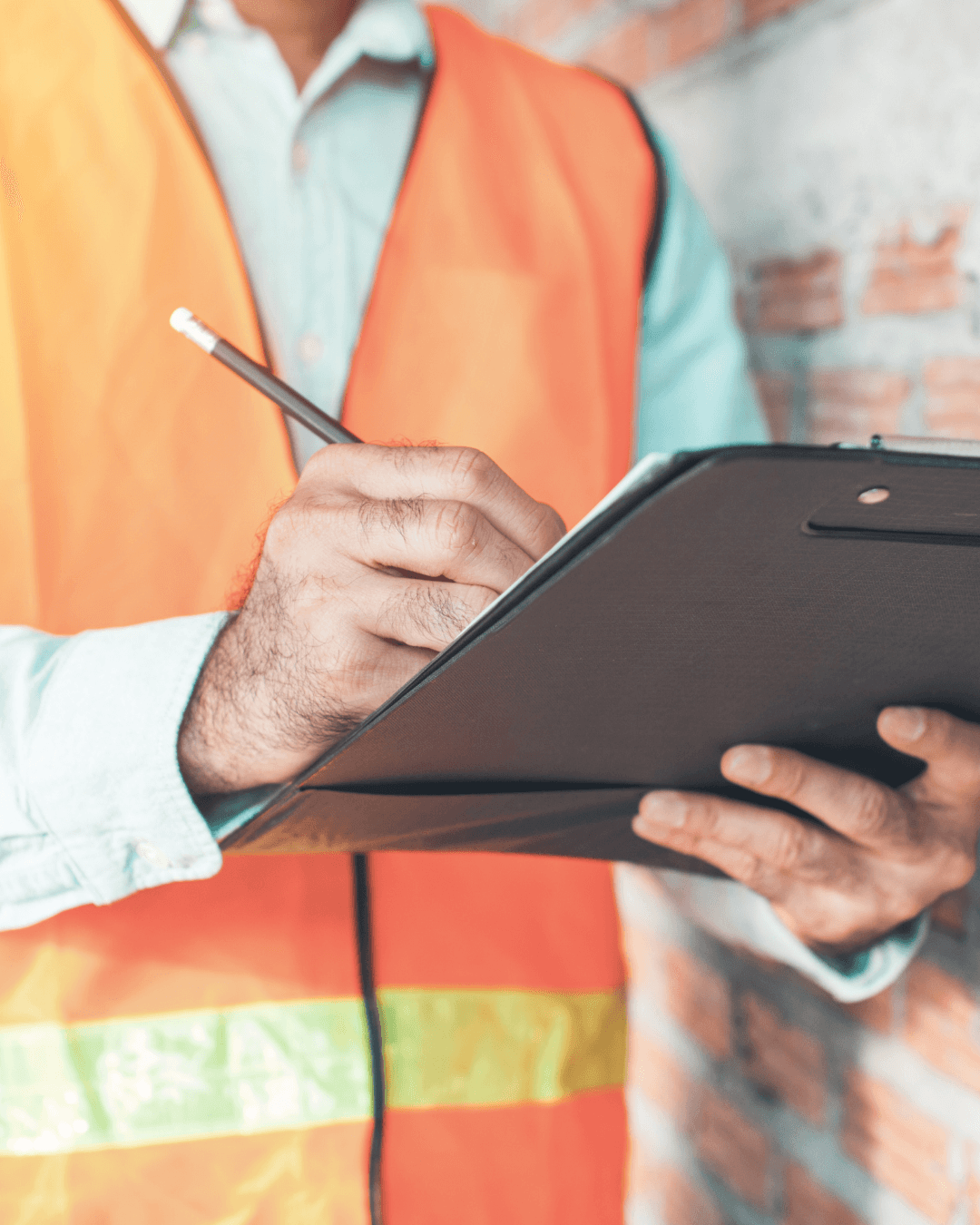
Who Needs Radon Gas Testing?
Home Buyers Purchasing in Kentucky and Ohio
If this is your first home purchase, a full inspection is essential. You need to understand what you’re buying and what maintenance to expect. I’ll walk you through everything and make sure you feel confident about your decision.
Homeowners Concerned About Lung Cancer Risk
Current homeowners who have never tested for radon should get professional radon testing to protect their family from long-term radon exposure.
Homes with Basement or Lower Level Living Areas
Homes with finished basements, lower level family rooms, or bedrooms need radon testing since radon gas accumulates in lower areas of homes.
Well Water Users Needing Radon in Water Testing
Homes with private wells may need both air radon testing and water radon testing since well water can release radon gas into indoor air.
Understanding Radon Gas Levels and Health Risk
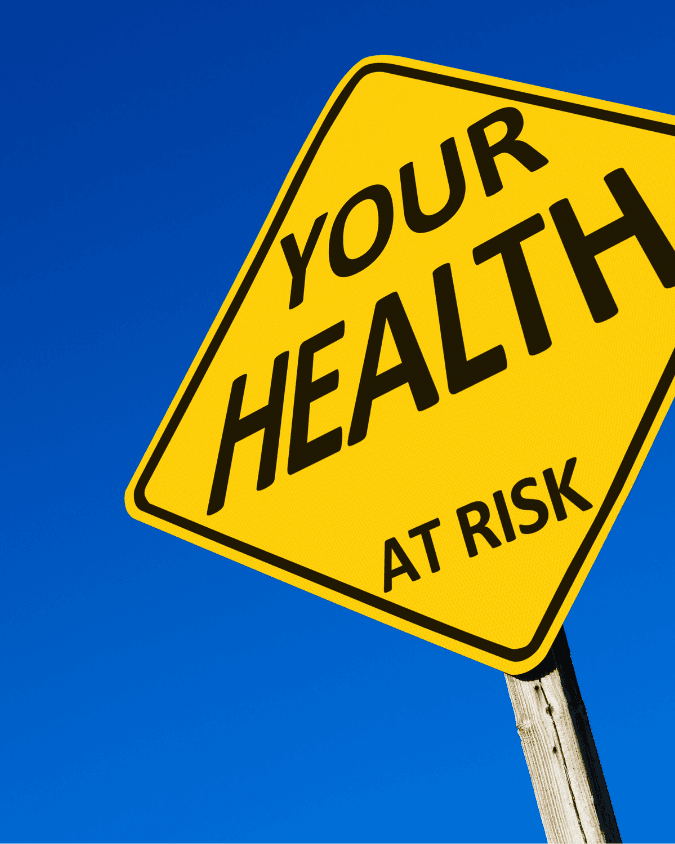
Safe Radon Levels – Below 4.0 pCi/L
Radon levels below the EPA action level of 4.0 picocuries per liter are considered acceptable, though no radon level is completely safe.
Elevated Radon Levels – 4.0 pCi/L and Above
Radon concentrations at or above 4.0 pCi/L require radon mitigation to reduce lung cancer risk. Higher radon levels increase health risks proportionally.
Very High Radon Levels – 10+ pCi/L
Radon levels above 10 pCi/L represent serious health risks requiring immediate radon mitigation system installation to protect your family.
Radon Testing Methods and Equipment
Short-Term Radon Testing (2-7 Days)
Quick radon testing using professional radon detectors for real estate transactions and initial radon screening of homes.
Long-Term Radon Testing (90+ Days)
Extended radon monitoring that accounts for seasonal radon variations and provides more accurate average radon levels over time.
Continuous Radon Monitoring
Professional radon testing equipment that provides hourly radon readings and detects radon level fluctuations during testing.
Alpha Track Radon Detectors
Laboratory-analyzed radon testing devices that provide accurate long-term radon measurements for homes and buildings.
Professional Radon Testing Process
Schedule Your Radon Gas Testing
We’ll coordinate radon testing timing and explain closed house conditions needed for accurate radon measurements during the testing period.
Radon Detector Placement
Professional radon testing equipment gets placed in the lowest lived-in level of your home following EPA radon testing protocols.
Closed House Radon Testing Period
Your home remains closed (windows and doors shut) for the radon testing period to ensure accurate radon gas level measurements.
Radon Test Results and Analysis
After the testing period, we analyze radon levels and provide clear results with EPA action level comparisons and health risk information.
Radon Mitigation Recommendations
If radon levels exceed EPA action levels, we provide radon mitigation guidance and connect you with certified radon mitigation professionals.
Ready to Protect Your Family from Radon Gas?
Don’t gamble with lung cancer risk. Professional radon testing gives you the information needed to keep your family safe from this invisible threat.
Frequently Asked Questions About Radon Testing
How much does radon gas testing cost?
Professional radon testing typically costs $150-300 depending on testing method and duration. This small investment protects your family from significant lung cancer risk.
How long does radon testing take?
Short-term radon testing takes 2-7 days with closed house conditions. Long-term radon testing takes 90+ days but provides more accurate seasonal radon averages.
What if my radon test shows high radon levels?
High radon levels require radon mitigation system installation. These systems are effective and typically cost $1,200-2,500 to reduce radon to safe levels.
Do I need to test for radon in water too?
Homes with private wells should consider radon in water testing since well water can contribute radon gas to indoor air, especially during showers and washing.
Should I retest after radon mitigation?
Yes, radon testing after mitigation system installation confirms the system is working properly and radon levels are reduced to safe concentrations.
